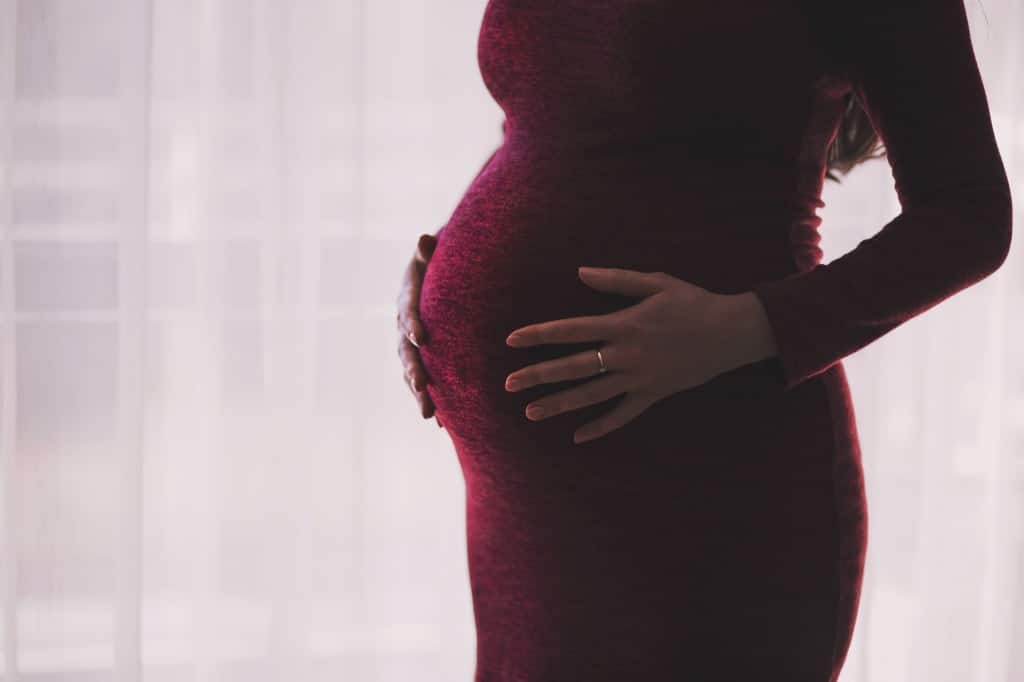Why Birth Weight Plays a Role in Osteoporosis
Several new studies have found interesting results. And, these results may be contributing factors to the risk of osteoporosis. Therefore, pointing to the role of birth weight. In fact, researchers report that low birth weight babies are at higher risk of osteoporosis. Especially, later in life if they’re one of the approximately 10% of babies prematurely born worldwide.
When babies are born preterm, there is an interruption in the transfer of calcium from the mother to the baby. However, this normally would occur during the last few weeks of pregnancy. But when it occurs too early, it results in interruption of results in lower peak bone mass.
By the age of 30, you have reached peak bone mass. And, is an indicator of fracture risk and future osteoporosis. Similarly, it was found that adults who had low birth weight but were born full-term, had lower bone mass than babies with normal weights too. However, the later risk of fracturing a hip is most common in both low birth size and also poor childhood growth.
Birth weight may play a key role. But other factors also influence the accumulation of bone mineral during childhood and adolescence. Some of these factors include heredity, gender, diet and physical activity. Additionally, insufficient vitamin D during pregnancy and cigarette smoking also cause reduced bone mineral acquisition for babies.
How to Reduce the Risk of Bone Fractures
In addition, these studies help in forming good preventative strategies. Therefore, optimizing nutrition during pregnancy and providing higher risk children with the appropriate diet and exercise. In order to reduce the risk of bone fractures later in life, a diet rich in calcium, vitamin D, and protein, in combination with exercise that involves weight-bearing physical activities may help children with low birth weights.
If you would like to find out more information about osteoporosis, screenings, or treatments, please call 888-409-8006 or schedule an appointment online now.







Leave A Comment